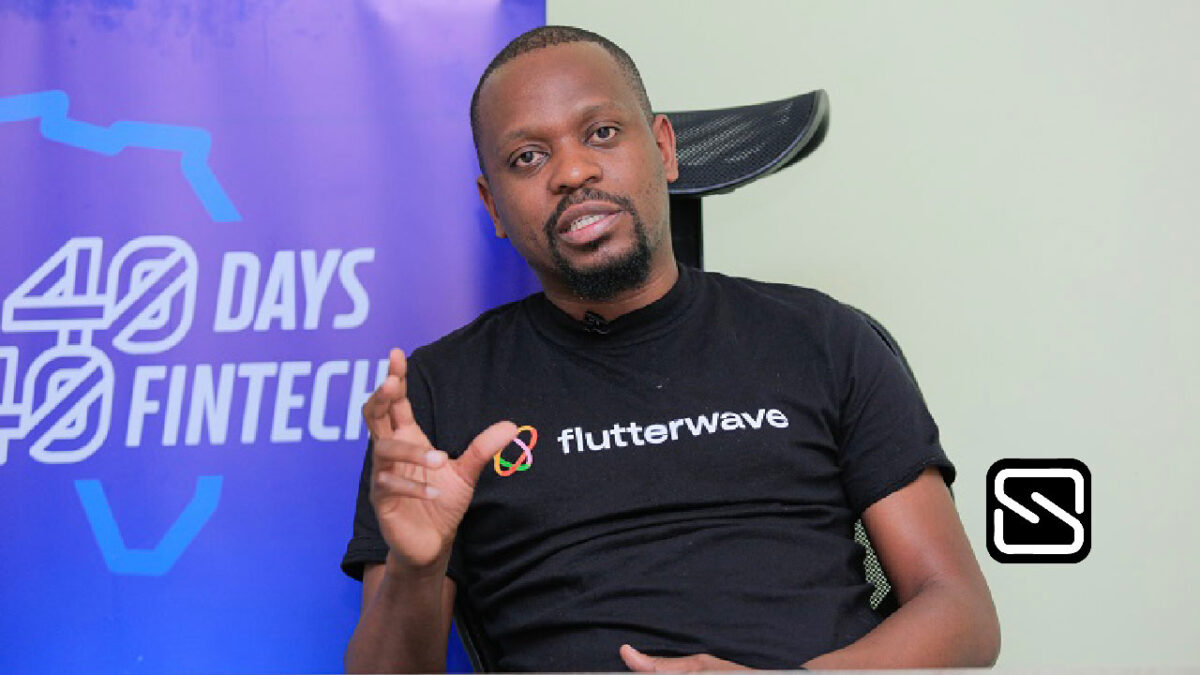Changpeng Zhao (CZ), the founder and CEO of Binance, the world’s leading crypto exchange, recently embarked on a policy visit to West Africa. He visited Ivory Coast and Senegal as part of his global tour to connect and collaborate with policymakers.
In talks with Presidents Alassane Ouattara of the Ivory Coast and Macky Sall of Senegal during the tour, CZ reaffirmed the exchange’s commitment to working with African officials and emphasized the importance of blockchain to the financial sector.
“Africa is primed for crypto adoption as blockchain provides financial accessibility not currently available to lots of Africans,” CZ said.
The visit comes after Binance’s partnership with Italian-Senegalese Tiktok content creator Khaby Lame and its sponsorship announcement for the Africa Cup of Nations (AFCON) tournaments.
Additionally, CZ disclosed Binance’s collaboration with JokkoLabs, one of Africa’s first social impact hubs in Senegal. Through this partnership, Binance will also introduce a blockchain awareness and education initiative in Francophone Africa’s communities.
According to Binance, which recently raised $500m to fund cryptocurrency and third-generation web projects, the collaboration will include monetary donations for community education workshops. These workshops will be designed to increase blockchain literacy and skills in the region.
“Binance aims to build the fintech community across the Francophone Africa region, ensuring enthusiasts are empowered to build blockchain solutions and solve real-world problems,” CZ explained.
This move emphasizes Binance’s commitment to encouraging crypto and blockchain adoption in Africa.









